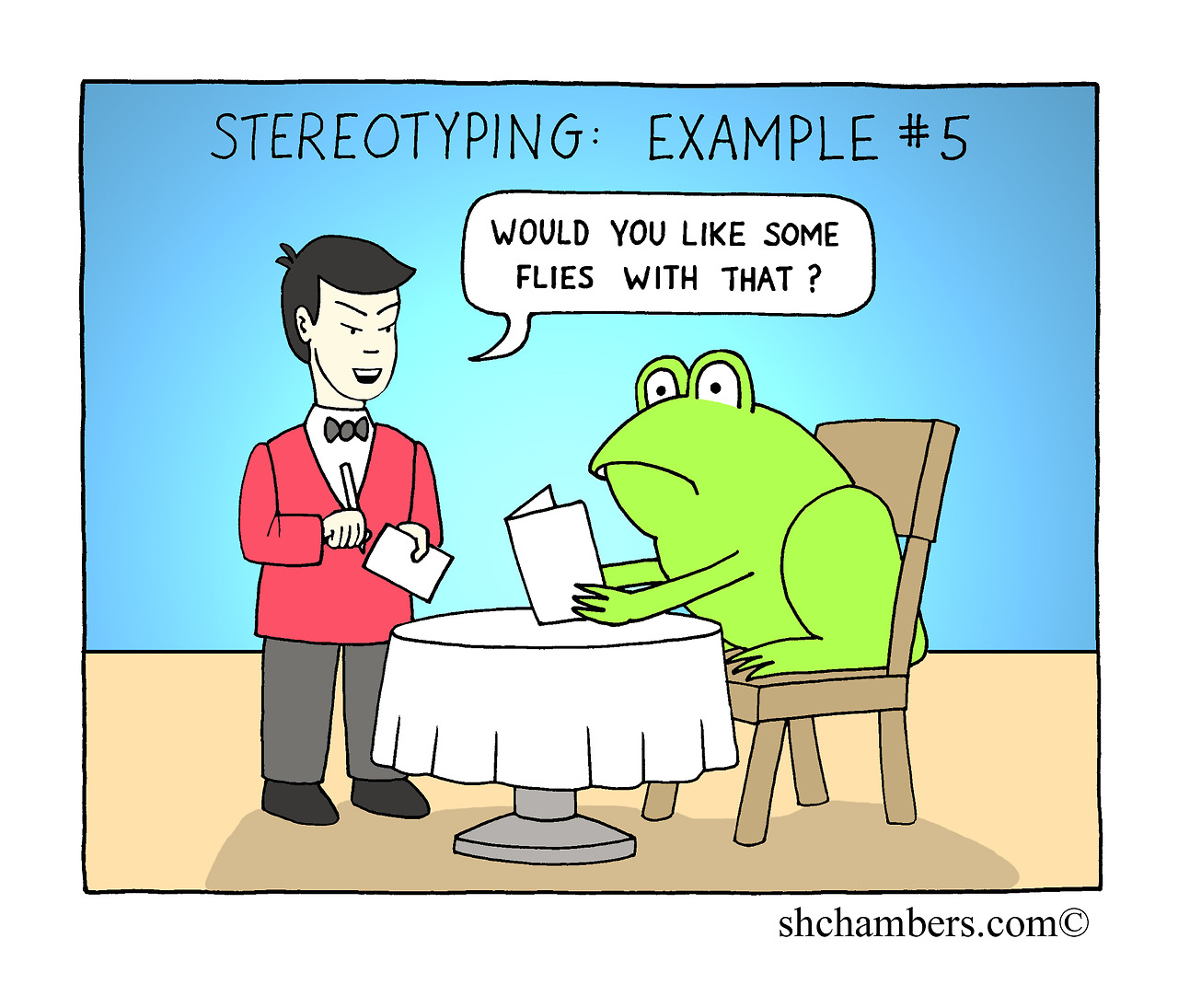I believe that the importance and value of communicating with others is what ties Wesch and Turkle together. Therefore, I view them more as allies than opponents.
Wesch believes that the most significant problem with education today is that students really don't feel significant because they are unable to find meaning and significance in their education journey. As a result of this huge problem in education, Wesch decided to focus on creating a learning environment that was more conducive to producing types of questions, which in return would create life long learners. He also strongly believes that educators should focus on the quality of learning, rather than the quality of teaching. He stated that teaching students how to critically think will become much more powerful in the long run. Creating an environment that allows students to produce questions involves communicating and interacting with others, which to me, ties Wesch and Turtle more together.
As for Turkle, she outlined the problem with society and students being connected with devices. She believes that all these devices have changed who we are and that society has become so accustomed to being "alone together." This article definitely resonated with me because as the mother of two teenage daughters, I definitely can relate to what she's saying throughout the article. For this reason, my husband and I decided to instill a phone-free dinner rule in our household. She also mentioned some steps that we could take to create sacred spaces in our households such as making sure our cars, dining rooms, and kitchens are "device-free zones." Her major claim was that society expects more from technology and less from one another which she believes to be a dilemma.
I agree with both Wesch and Turkle. The value of communicating and listening to one another is way more powerful than feeling insignificant as well as being "alone together." I enjoyed reading these two articles.














